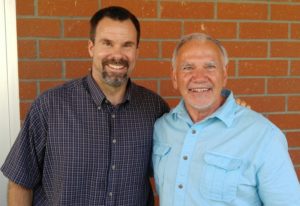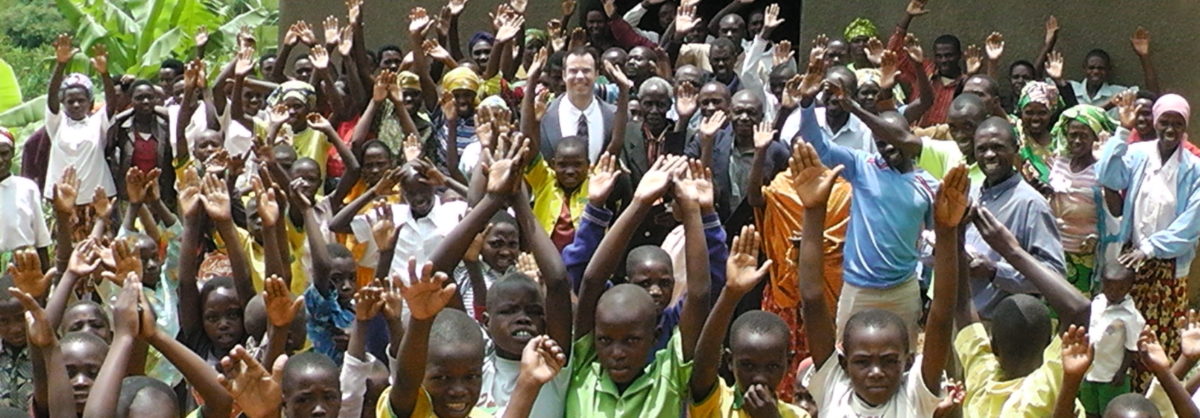For two weeks I’m at Biola University in California, and am taking an excellent course on biblical narrative or storying. Dr. Tom Steffen is teaching the course, and even after the first day I’m finding if very helpful as there is much discussion by the professor and students who come from around the world.

In the West, we have a cultural bent for literary learning, reading books and a learning method that flowed from our Greek heritage. It must be clarified that this is changing, as many young people today do not read books but prefer to learn through video or other ways. In fact, in surveys done over the past 20 years, they found that the number of young people who have not read a single book in the last year has dramatically increased. Attention spans have radically diminished down to as short as 8 seconds on average. However, young people are reading, but they are reading smaller increments, such as blog postings and 140-character-max tweets. In fact, social media is a form of digital orality. Be that as it may, many people in the West still learn by reading.
However, this is not true in most other parts of the world. Various oral or aural methods of learning are preferred by people globally. While stories take time to communicate, everyone enjoys them much more than mere propositional truths, and they are much easier to remember and reproduce. In fact, the Bible is composed of 65-75% stories as God’s chosen method for how he wanted to communicate his message. God’s Storybook is the framework for how he would communicate all the other elements he wanted us to learn, such as how to have a devotional life with him, how to make it through life successfully, his expectations for us in morality and rules and all the many propositional truths he gives us. God chose to communicate his message in written form but it was also and primarily communicated orally to the original audience. So there must be a way of blending oral and literary benefits to grasp the fullest understanding possible of God’s message.
Orality, which is much broader than storying, includes many aspects such as oral, aural, visual, digital, and social . So what is orality? According to Dr. Steffen, orality denotes pedagogical preferences designed to process, remember, and communicate verbally and pictorially through social connections, rather than through literate forms. While we in the West like to break things down into their individual fragments or pieces, globally most people like to put the parts together into the whole, seeing how everything is connected.
Much of the work I do in training African pastors is helping them to learn to read, study, understand and apply the written Word of the Bible. However, my goal is not to move them from oral learners to literary learners, but to augment their very capable oral learning style with a new learning style, literary learning.
I’m hoping to also deal with the issue of the author’s intent in biblical stories and what he was wanting to communicate which sets the standard for what any subsequent biblical storyteller must also communicate rather than just sharing the story with their own interpretation. These and many other elements of narrative will be our focus for these two weeks. It should be a good journey, and I’m sure I’ll be sharing more along the way.
Pressing on, Eric
